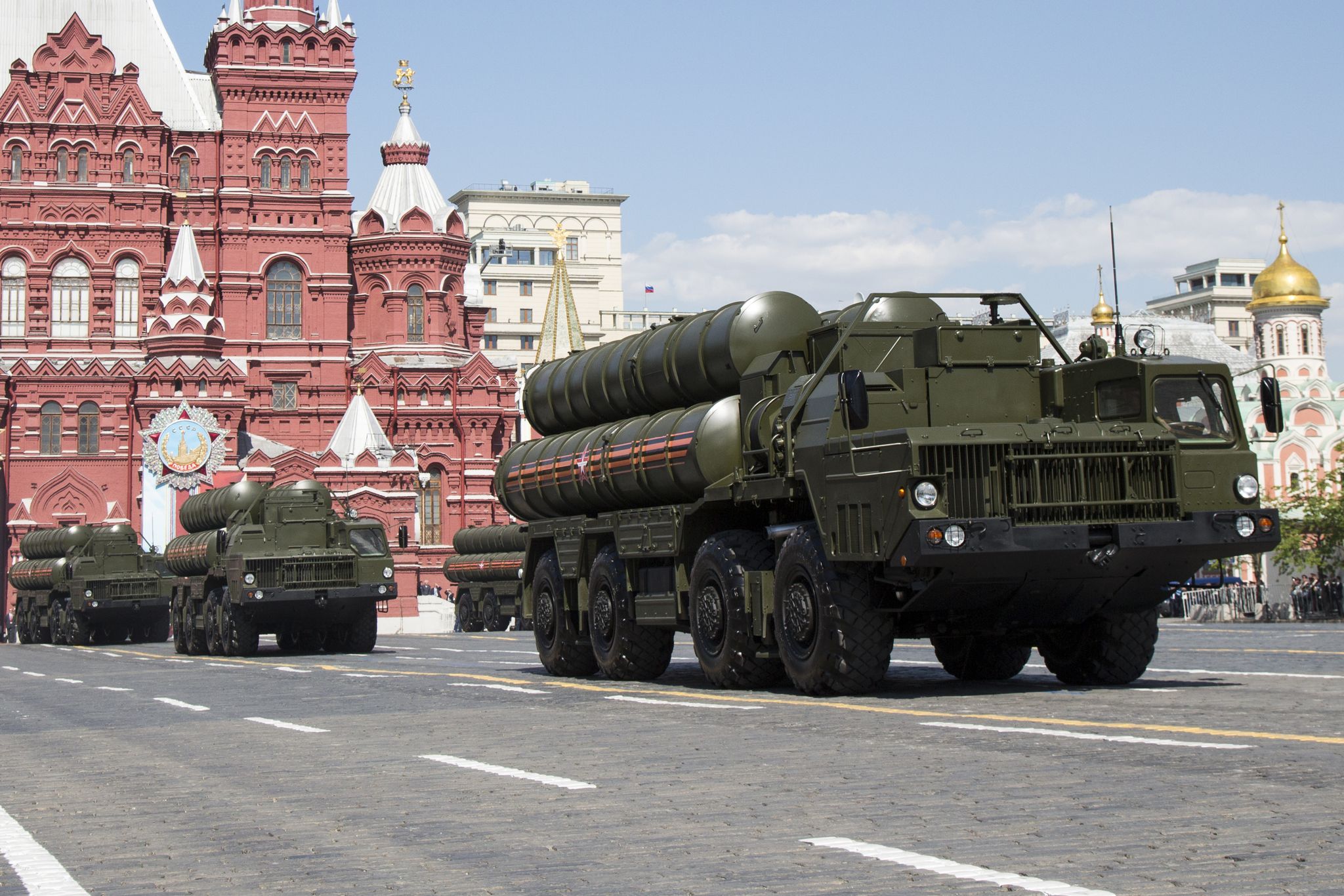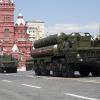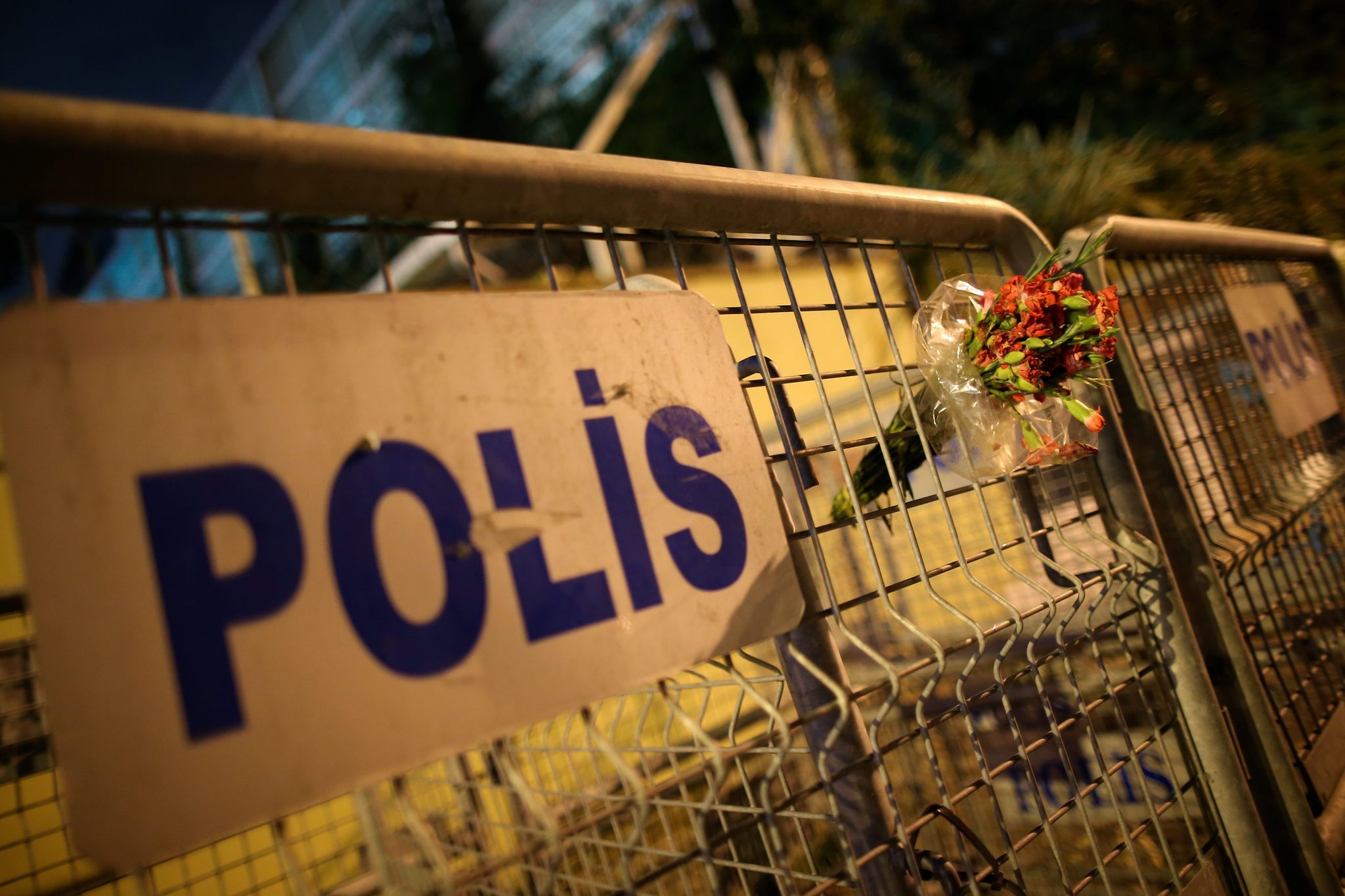
Russian defense officials have ordered emergency deployments of its advanced S-300 anti-aircraft systems into Syria, days after Moscow claimed Israeli forces prompted the shoot down of one of its surv
Russian defense officials have ordered emergency deployments of its advanced S-300 anti-aircraft systems into Syria, days after Moscow claimed Israeli forces prompted the shoot down of one of its surveillance aircraft, conducting intelligence operations in support of the Syrian regime.
The S-300 air defense systems will be in the hands of Syrian forces loyal to President Bashar Assad within the next two weeks, Russian Defense Minister Sergei Shoigu said in a statement released Monday. The new air defense systems will be directly linked to Russian outposts scattered throughout Syria, to “guarantee that Russian aircraft are identified by Syrian air defenses,” he said.
In addition, “Russia will jam satellite navigation, on-board radars and communication systems of combat aircraft, which attack targets in the Syrian territory, in the regions over waters of the Mediterranean Sea bordering with Syria,” he added in Monday’s statement. The new S-300 deployments come in addition to the reported S-400 long-range anti-aircraft and missile defense systems already in the field in Syria.
Defense Secretary James Mattis said Monday that there had been no communication between either the Pentagon or U.S. Central Command and their Russian counterparts on the decision to deploy the S-300 systems, prior to Monday’s announcement by Moscow.
“Any additional weapons going in keeps [President Bashar Assad] in a position to threaten the region,” Mr. Mattis told reporters at the Defense Department. “Anything like this puts him in a position as an obstruction to peace” in the war-torn nation, the defense chief added.
The shoot-down of the Russian I1-20 reconnaissance plane, which kicked off a chain of claims and counterclaims between Moscow, Damascus and Tel Aviv, took place late last week. The Assad regime’s bloody campaign to quash rebel forces in the country has been largely sustained by Russian air power and Iranian-backed paramilitary forces on the ground.
Israeli commanders sent in four bombers into Syrian airspace to take out a nearby Syrian weapons facility, housing weapons that Israel argued argue would have ultimately been transferred to the terrorist group Hezbollah. During the bombing raid, Syrian forces launched anti-aircraft missiles to take out the Israeli fighters but apparently struck the Russian plane instead, downing it into the sea and killing everyone on board. Moscow immediately laid blame for the attack on Israel.
“The Israeli pilots were using the Russian aircraft as a shield and pushed it into the line of fire of the Syrian defense,” said Russian Defense Ministry spokesman Maj. Gen. Igor Konashenkov in a statement at the time.
Israel Defense Forces blamed Mr. Assad and expressed “sorrow” for the Russians killed in the incident, while Secretary of State Mike Pompeo expressed his regret for the incident, saying the deaths of the 15 crewmen underscored the need to bring the Syrian conflict to a peaceful resolution.
On Monday, Mr. Mattis placed the blame for the ongoing violence in Syria’s civil war squarely on the shoulders of Moscow, adding the S-300 deployments only add fuel to that fire.
“This tragedy … would have ended long ago” if not for Russian and Iranian interference in the conflict, he said.






